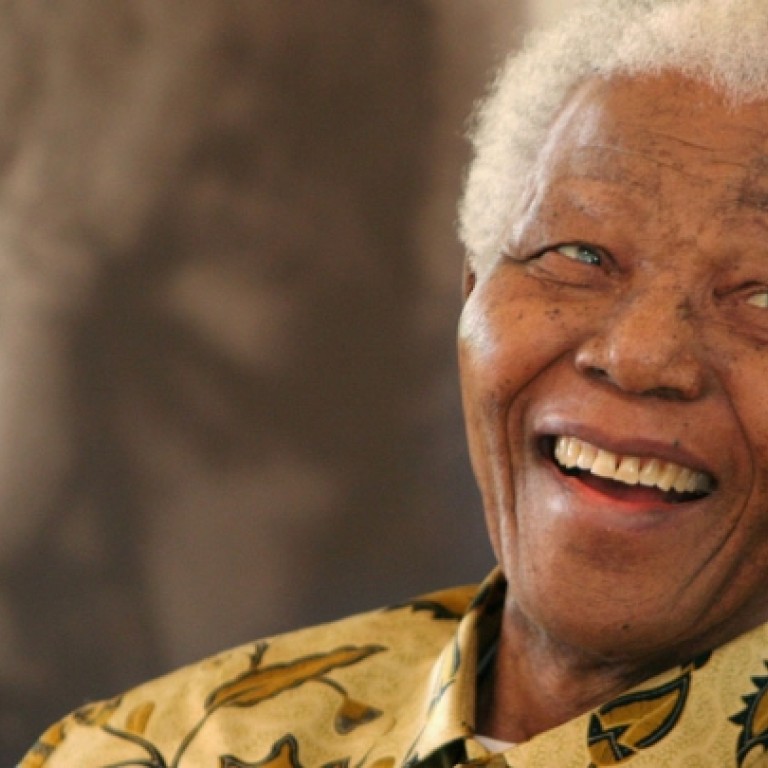
Beijing should relax its grip over 'one country'
Frank Ching says Beijing's overanxious defence of 'one country' is only shaking Hong Kong's confidence in 'two systems'
Sixteen years after the handover, China's running of the former British colony is undergoing its most severe challenge in at least a decade, with public confidence in the policy of "one country, two systems" dropping to the lowest level since before 1997, according to surveys conducted by the University of Hong Kong.
Many would agree with Democratic Party chairwoman Emily Lau Wai-hing's observation that Hong Kong's ostensible "high degree of autonomy" is being eroded.
In recent years, Beijing seems increasingly jealous of its sovereignty over Hong Kong and wary of any "foreign" influence. This is a departure from China's former pragmatism in its diplomacy.
Take, for example, its flexibility in wooing a man who is a hero to much of the world: Nelson Mandela. The former South African president initially rejected China's demand that he break relations with Taiwan. But the scheduled return of Hong Kong to China in mid- 1997 helped to change his mind. The reason was, if South Africa did not have diplomatic relations with Beijing, its consulate here would have to close, affecting its business interests.
So, in late 1996, Mandela agreed to break relations with Taiwan, but insisted on 12 months' notice, delaying relations with China until December 31, 1997. In return, China agreed to let South Africa retain its Hong Kong consulate for the second half of 1997. That is to say, a foreign country was allowed a consulate in Hong Kong while not recognising the Chinese government. This was unprecedented and it showed the world how far China was willing to stretch the concept of "one country, two systems".
That was quite different from the current situation, when Beijing is quick to accuse diplomats who support democracy of "interference in China's internal affairs" and emphasises that "one country" takes precedence over "two systems".
Why, one wonders, did Beijing have such generosity of spirit in 1996 but not today?
Interestingly, 1996 was when Taiwan held its first presidential election, angering Beijing and precipitating missile tests in the Taiwan Strait. Now, five such elections have been held, and Beijing can see that democracy in Taiwan is not to be feared.
Beijing should understand that democracy in Hong Kong, too, is nothing to fear. In fact, it will only make the city easier to govern.
Significantly, the same surveys that reported little public confidence in "one country, two systems" also found that people generally have confidence in Hong Kong's future.
To revive confidence in "one country, two systems", Beijing needs to make a dramatic gesture, something to make people sit up and take notice. One such move would be to restore the citizenship rights of everyone - including the democrats - to travel to the mainland without hindrance, a right now denied to many legislators.
Such a move would be an affirmation of "one country". It would also go a long way to restore confidence in "two systems".

